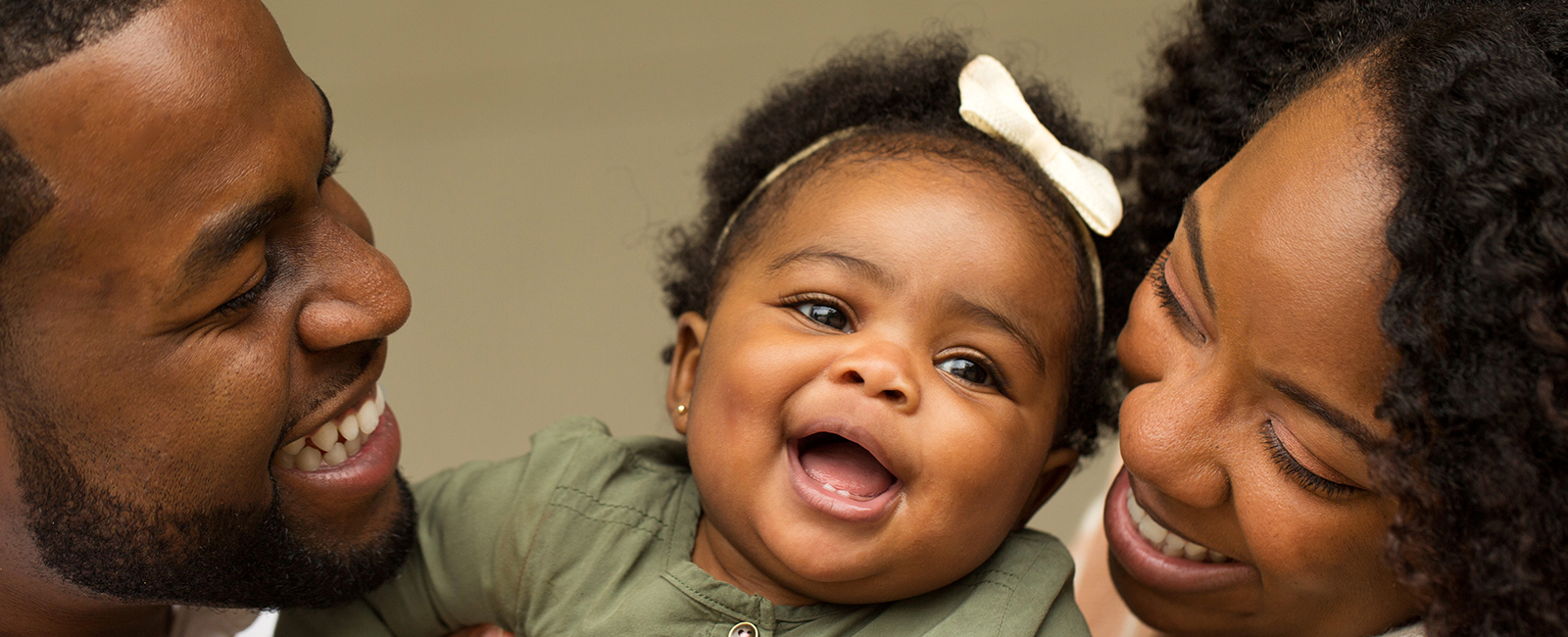How NVFS prepares young children for kindergarten and a brighter future
 Getting children prepared for school often conjures images of backpacks filled with binders, notebooks, pencils and more for students to start to school year off on the right foot. Although back-to-school supplies are essential — and can help reduce the anxiety for low-income children who may not always have these resources available to them — school readiness is more than just having the physical tools to succeed in the classroom.
Getting children prepared for school often conjures images of backpacks filled with binders, notebooks, pencils and more for students to start to school year off on the right foot. Although back-to-school supplies are essential — and can help reduce the anxiety for low-income children who may not always have these resources available to them — school readiness is more than just having the physical tools to succeed in the classroom.
Northern Virginia Family Service (NVFS) prepares our youngest neighbors for academic success through our Early Head Start and Head Start programs for children ages 0-5. Children enjoy a rich curriculum full of academic activities such as language and communication through reading and writing, as well as cognitive development through science and mathematics, including annual events such as the Head Start Science Fair. The classrooms and outdoor play areas allow children to explore their fine and gross motor skills as well to enhance their physical development and fuel their growing minds.
The safe, nurturing environment also fosters critical social and emotional development in our students to help them establish positive relationships with adults and friendships with other children, develop problem-solving skills to resolve conflicts, identify their emotions and express themselves positively.
“We are fully providing for children comprehensive services that support their school readiness, that support their social and emotional ability to be self-secure and to function in our society,” noted Malinda Langford, NVFS senior vice president of programs. “We also provide those same services for the family.”
NVFS’ Early Head Start and Head Start programs work to involve student’s families in a number of capacities to ensure that the development achieved at school continues in the home. This includes addressing mental health and resiliency to help children develop healthy practices in their youth that will benefit them in the classrooms and life beyond academic settings.
It also includes connecting families with resources and information they may not otherwise have had access to, such as financial education, housing assistance, ESL training, job training and more. In fiscal year 2017, 100 percent of children in Early Head Start and Head Start had access to continuous health care and accessible dental care.
“What we do today can have a lasting impact beyond the families we serve immediately to the families that come after them,” Langford shared. “When the children we have in our program have children, they will have a different head start in life, and the families that we serve will make different decisions for their children that are not in the Head Start program.”
We provide children with the building blocks to be engaged, contributing members of our community by allowing children to be children and providing these children and their families the support they need to build brighter futures.
You can help give children in our community a head start as well by volunteering through our early childhood education and back-to-school programs and events:


